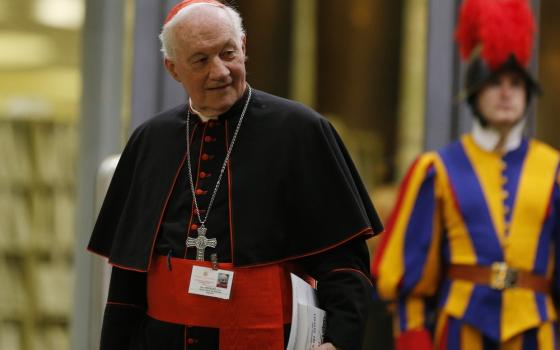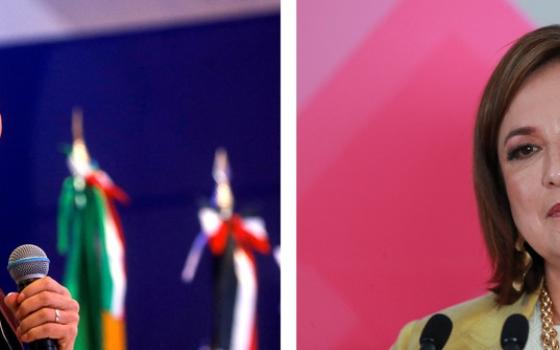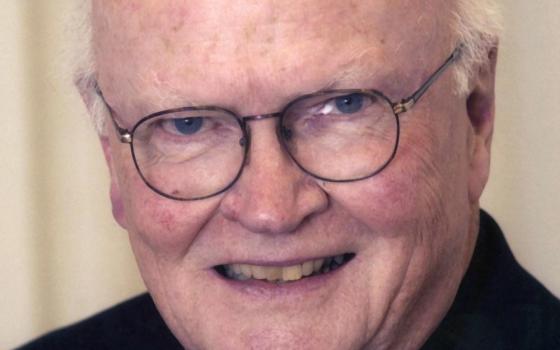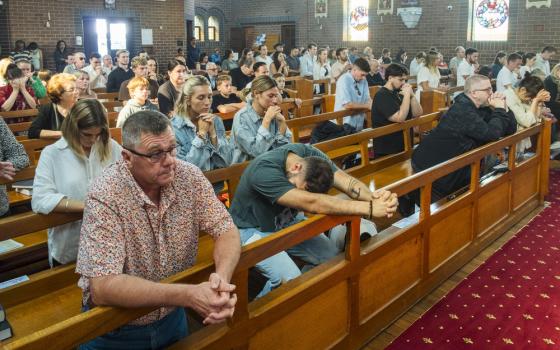Vatican II ushered in a number of new structures including synods of bishops to demonstrate that church governance was heading in a more collaborative direction. For most Catholics, the parish council represented this development most evidently.
As agencies of change, all of them have been colossal failures because the premise behind the consultations virtually guaranteed nothing would change.
The insertion of forums to discuss church policy and teachings looked like a means of giving lay people and, as in the case of bishops' synods, members of the hierarchy a piece of the decision making. For many Catholics, the process held out that possibility. But none of those deliberations had even the slightest ability to change anything. A pastor might approve a suggestion from his parish council and a pope might adopt a recommendation from a synod, but they were under absolutely no obligation to do so. It was all strictly advisory and has usually been treated that way.
The concept of sharing authority gained popularity during the Council's sessions as a nod to the democratic spirit which Rome had battled against during most of the previous two centuries. It also comported with the "people of God" imagery that based ultimate truth within the whole body of the church. But at the same time the Council clung tightly to the claim that the highest truths were revealed through the hierarchy who kept them in trust and dispersed them to ordinary Catholics Top down. Under that arrangement, the "lesser" cannot correct the "greater" because the greater is more or less direct messaging.
Unless the church redefined that delivery pattern, consultation meant next to nothing. The "next" was the benefit gained by affording non-ordained Catholics a place to voice their opinions and challenge the status quo. But it wasn't as if their conclusions would be binding in any way whatever with their ordained superiors.
The advice has been totally disposable but it had the advantage of looking as if there was a place for the increasingly broad range of Catholic views. The parish council may vote confidence in the music director whose firing the pastor has already determined. The bishops at synods I've covered had some marvelous ideas, some of them from the heart of their dioceses, only to see them regularly ignored. Exceptions could come only in the form of the pope's random good will. In our nation's history, it might be as if King George III summoned a group of American colonists to learn what was on their minds while retaining all power over them.
Either lay people's lived experience counts for something or it doesn't. Right now it doesn't. It cannot without wholesale revamping of how decisions are shaped. Many Catholics have come away from service on councils sharply disillusioned.
As the next series of synods looms, the questionnaire now being circulated acts on the abiding assumption that it's results will make some sort of difference. In Pope Francis, the optimists see a receptive spirit like that of John XXIII whose reputation for openness and reform encouraged a de-centralizing of authority that informs the documents of Vatican II and still fosters hope for genuine collaboration, however implausible that may be.
Otherwise, it's hard to imagine what a survey of parishes would reveal that isn't already written in bold lettering here and at the Vatican. So what would be the purpose of a survey? To skew the data toward regularly practicing Catholics? Or is it an exercise in make-work, a repeat of the illusion that the laity is being taken seriously? When tons of dissent has been discovered in the past, the bishops common response was that lay Catholics hadn't properly understood the authentic teachings. That explanation has been losing ground in the face of the admission that many Catholics have understood church teaching very well and have rejected it as valid for them.
If Catholics answer the survey honestly and deliver them to the next synod, what will that sound-out amount to? History indicates that it won't budge the Decider except perhaps around the fringes, but that may mean something within an authority scheme not given to sacrifice its prerogatives.




